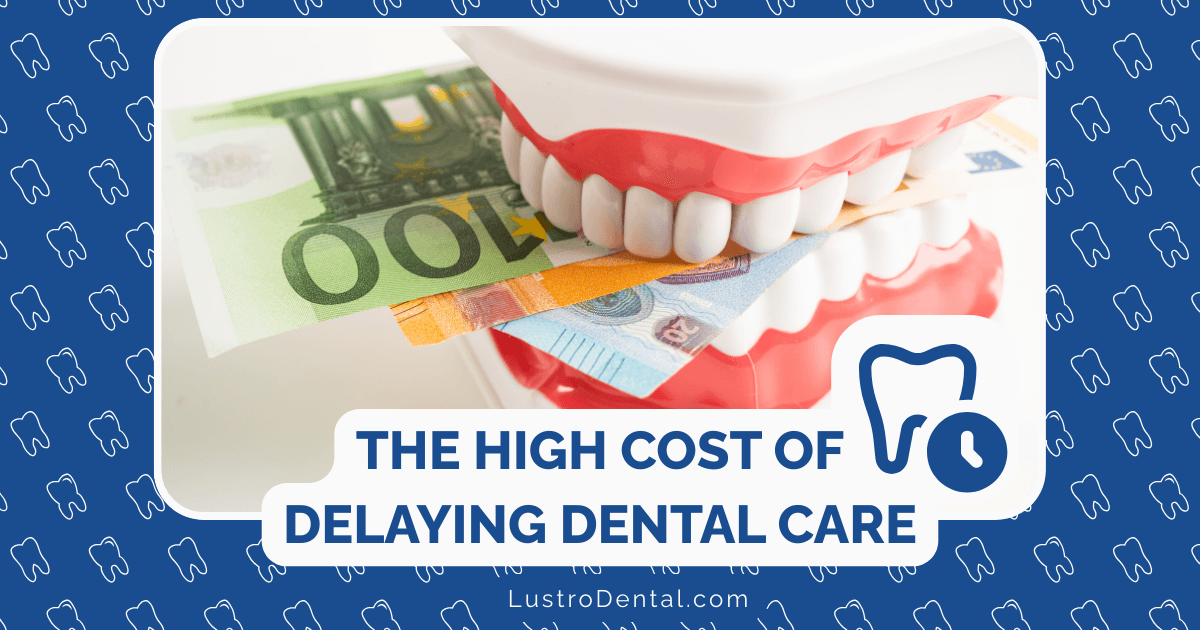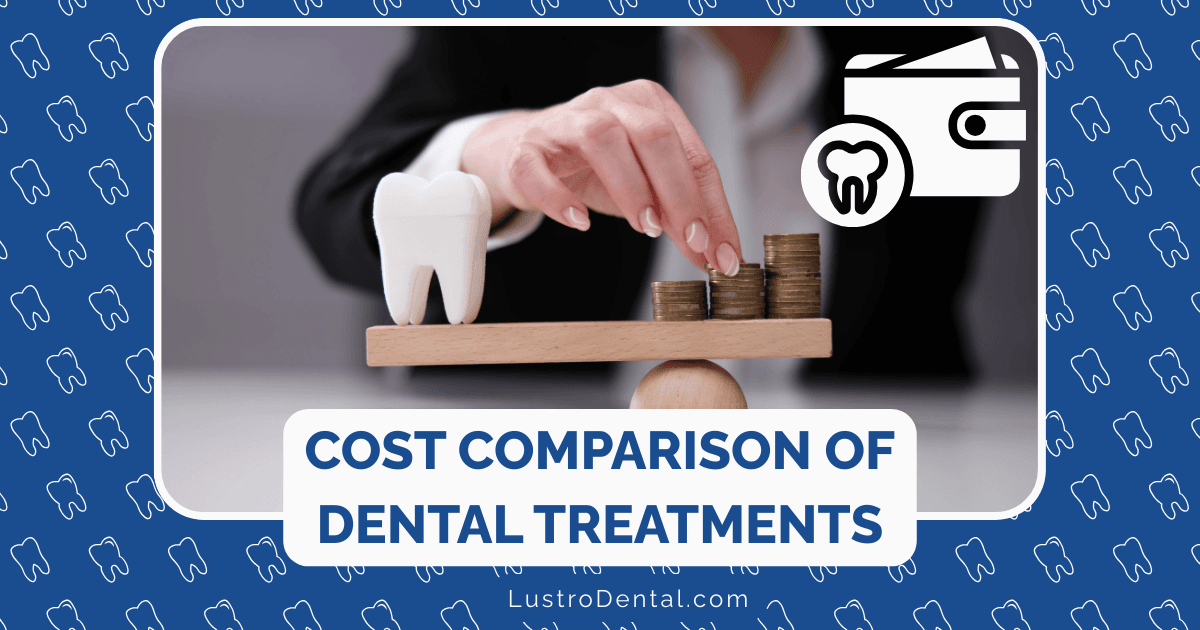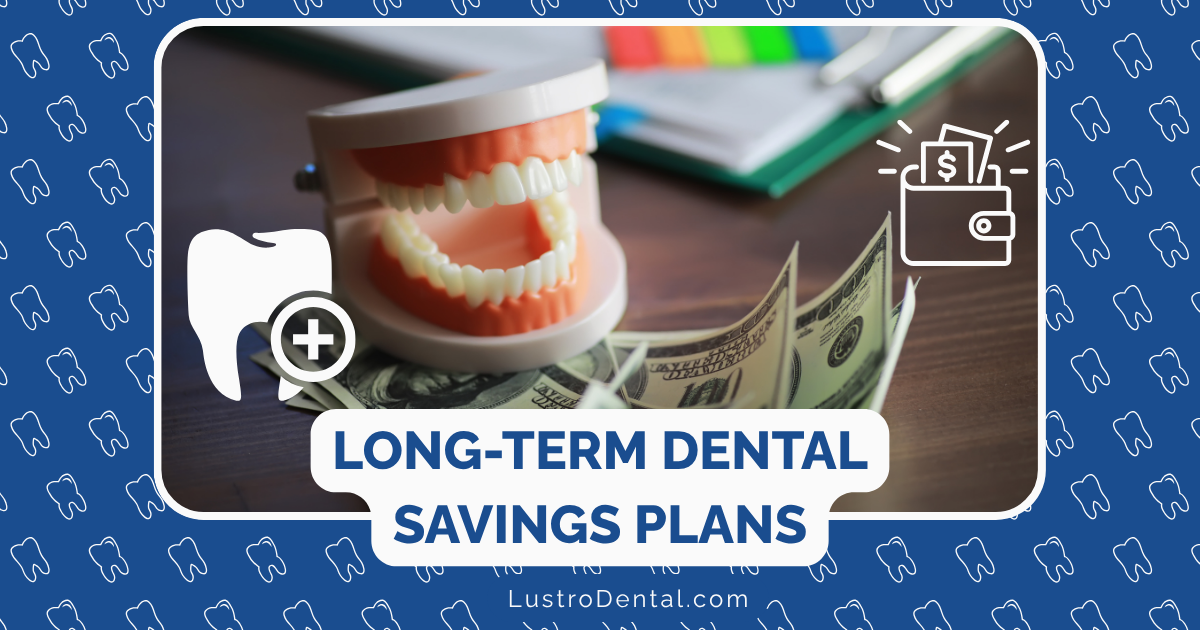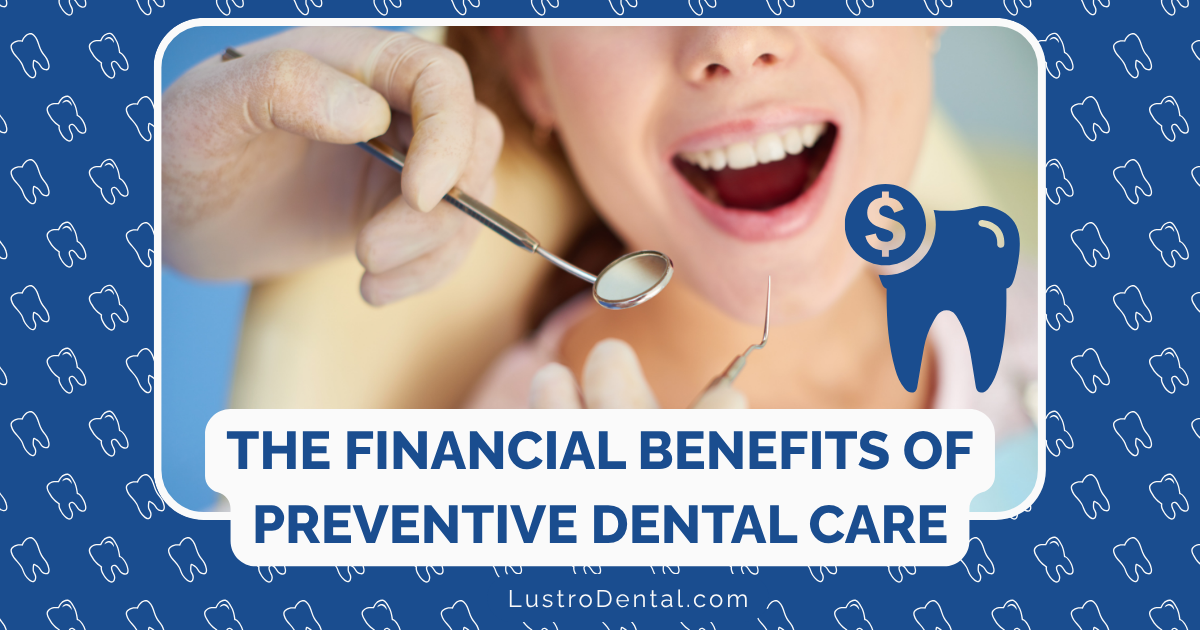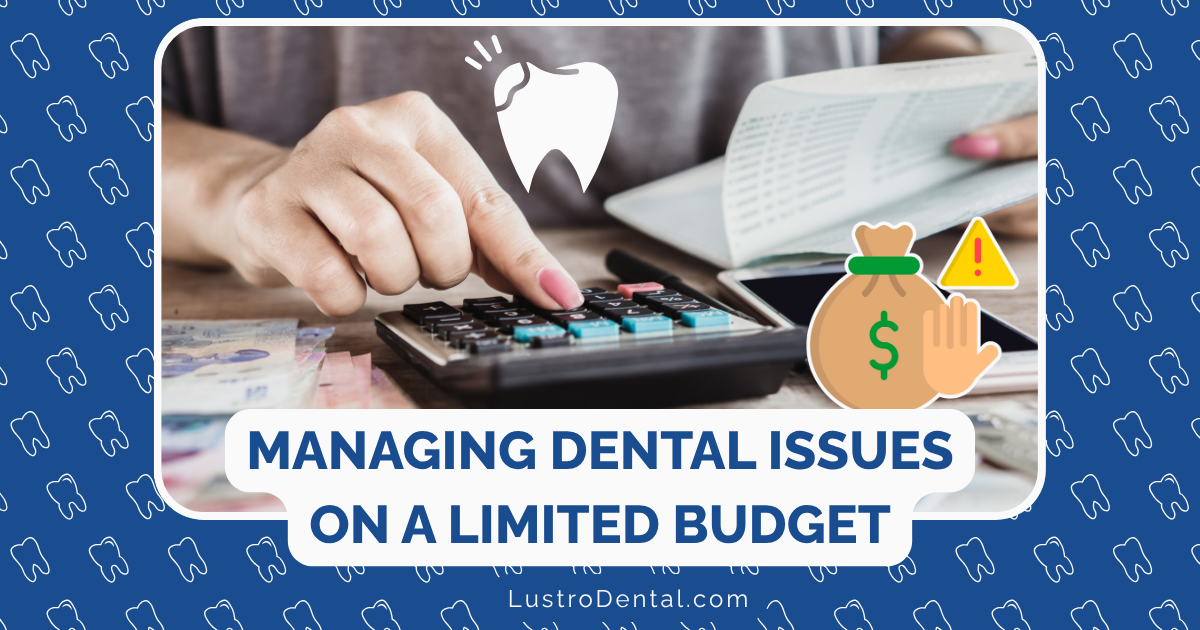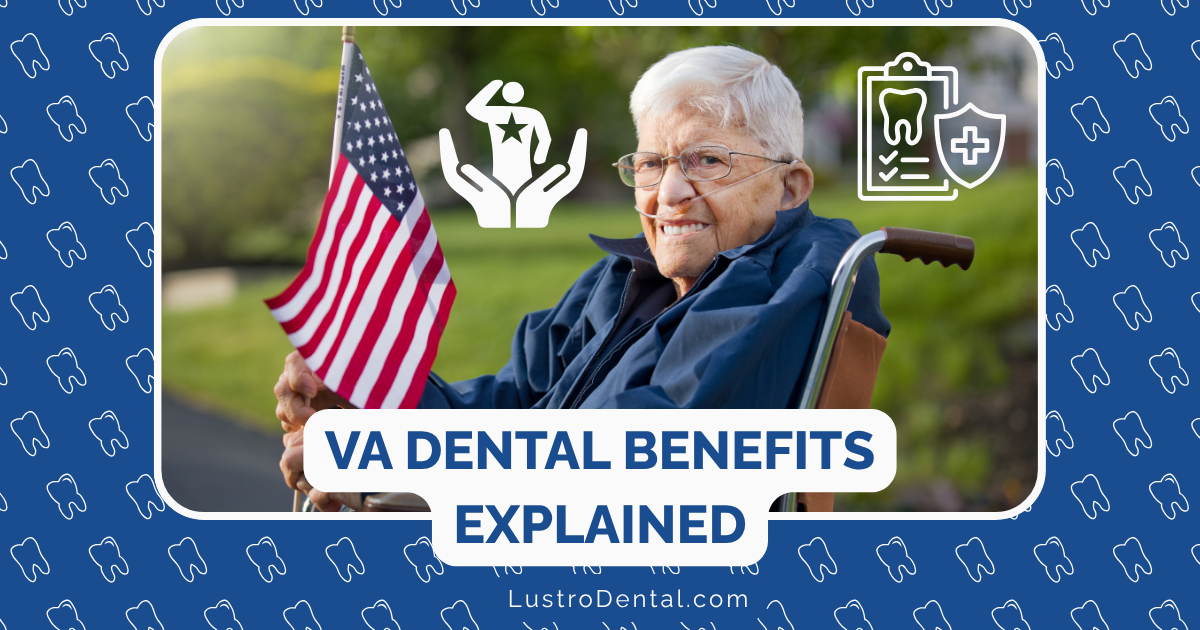Advocating for Better Senior Dental Coverage: Resources and Organizations
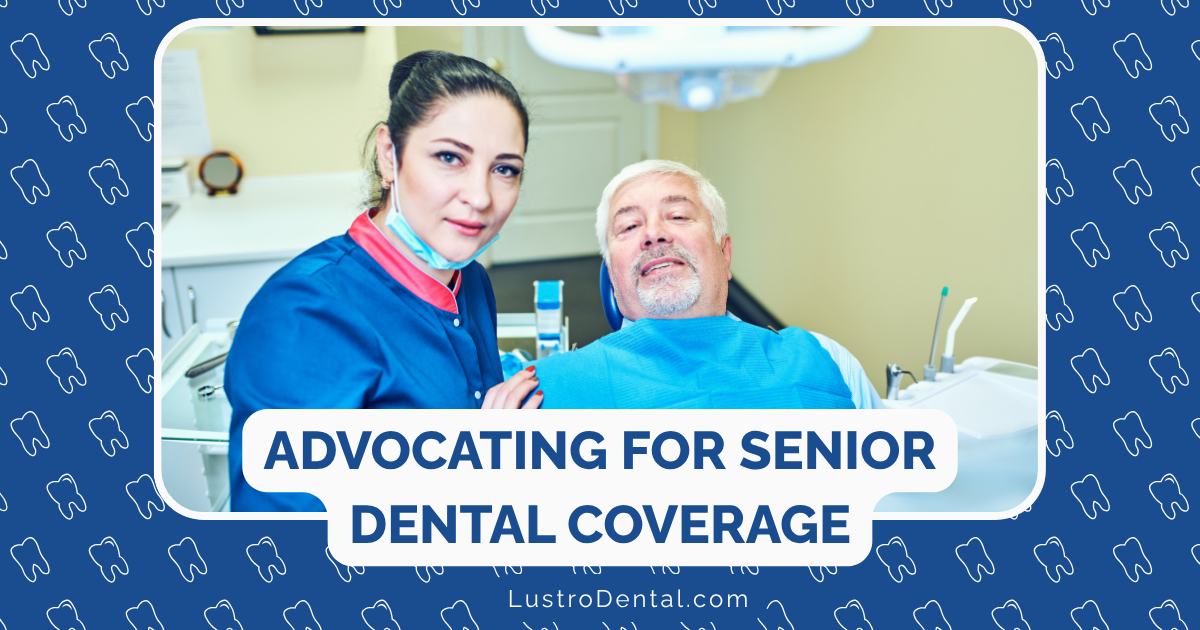
The gap in dental coverage for seniors represents one of the most significant blind spots in our healthcare system. While we’ve made tremendous strides in many aspects of medical care for older adults, oral health remains largely separated from the conversation—often with devastating consequences for seniors’ overall health and quality of life.
The statistics tell a sobering story: nearly half of Medicare beneficiaries (approximately 26 million older Americans) have no dental coverage whatsoever. Among those without coverage, many haven’t seen a dentist in years, primarily due to cost barriers. Even more concerning, about 25% of adults aged 65 and older have lost all their natural teeth, a preventable outcome with proper care and coverage.
This article explores how individuals and communities can advocate for better dental coverage for seniors, highlighting the organizations leading this fight and providing actionable resources for getting involved.
Why Advocacy for Senior Dental Coverage Matters
Before diving into advocacy resources, let’s understand why this issue deserves urgent attention:
The Health Connection
Poor oral health doesn’t just affect the mouth—it impacts overall health. Research has established clear links between oral health and conditions like:
- Cardiovascular disease
- Diabetes complications
- Respiratory infections
- Malnutrition
- Cognitive decline
As Justice in Aging notes, “Medicare does not currently cover dental, vision, or hearing services, which leads many older adults to incur significant out-of-pocket costs” for care that is essential to their overall health.
The Financial Burden
Without insurance coverage, dental care quickly becomes prohibitively expensive for seniors on fixed incomes:
- A basic dental exam and cleaning can cost $75-$200
- A single filling can range from $150-$300
- A crown may cost $1,000-$1,500
- Dentures can cost $1,000-$3,000 per arch
These costs force many seniors to choose between oral health and other necessities like food and medication.
The Equity Issue
Dental coverage disparities disproportionately affect low-income seniors and communities of color. According to the CareQuest Institute for Oral Health, these disparities represent a significant health equity issue that requires systemic policy solutions.
Leading Organizations Advocating for Better Senior Dental Coverage
Several organizations have taken up the mantle of advocating for improved dental coverage for seniors. Here are some of the most influential:
1. Center for Medicare Advocacy
The Center for Medicare Advocacy is at the forefront of efforts to expand Medicare to include comprehensive dental benefits. Their work includes:
- Legal advocacy through court cases challenging Medicare’s dental exclusion
- Policy analysis and recommendations
- Educational resources for beneficiaries and advocates
- Legislative advocacy supporting bills to expand Medicare coverage
In March 2025, the Center supported legislation introduced by Sen. Sanders and Rep. Doggett to expand access to dental, hearing, and vision care in Medicare, which would provide a comprehensive dental benefit in Part B of Traditional Medicare.
2. Justice in Aging
Justice in Aging fights senior poverty through legal advocacy, focusing on healthcare access for low-income older adults. Their oral health advocacy includes:
- Promoting the addition of comprehensive dental benefits to Original Medicare
- Protecting and expanding Medicaid dental coverage for dual-eligible seniors
- Addressing disparities in oral health care affecting older adults of color
- Publishing policy briefs and educational materials on senior dental access
3. Families USA and the Medicare Oral Health Coalition
Families USA leads the Medicare Oral Health Coalition, a diverse group of organizations advocating for comprehensive oral health coverage for all Medicare enrollees. Coalition members include:
- AARP
- American Dental Hygienists’ Association
- Center for Medicare Advocacy
- Justice in Aging
- National Council on Aging
- National Rural Health Association
The coalition has been instrumental in building support for legislation like the Medicare Dental Benefit Act and educating policymakers about the importance of oral health coverage for seniors.
4. CareQuest Institute for Oral Health
The CareQuest Institute works to improve the oral health system through research, grantmaking, health improvement programs, policy and advocacy, and education. Their advocacy efforts include:
- Research on the impact of oral health disparities among seniors
- Grants to community organizations working to improve senior dental access
- Policy analysis and recommendations for Medicare and Medicaid dental coverage
- Coalition building with other healthcare advocacy organizations
5. National Council on Aging (NCOA)
The NCOA advocates for the dignity, independence, and health of older adults, including improved access to dental care. They provide:
- Educational resources about existing dental coverage options
- Advocacy for expanded Medicare dental benefits
- Programs helping seniors access community dental resources
- Policy recommendations to improve oral health for older Americans
6. American Dental Association (ADA)
The ADA has been advocating for a “workable Medicare dental benefit” focused on helping vulnerable seniors. Their approach includes:
- Supporting a stand-alone dental benefit for financially vulnerable seniors
- Providing input to CMS on Medicare Advantage dental offerings
- Emphasizing the importance of robust provider networks
- Advocating for appropriate reimbursement rates to ensure provider participation
How to Get Involved: Practical Steps for Advocacy
Advocacy can take many forms, from personal actions to community organizing. Here are practical ways to get involved:
1. Educate Yourself and Others
Start by understanding the issue thoroughly:
- Review the Center for Medicare Advocacy’s fact sheets on Medicare dental coverage
- Read policy briefs from organizations like Justice in Aging and CareQuest Institute
- Learn about proposed legislation to expand Medicare dental benefits
- Share this information with friends, family, and social networks
2. Share Your Story
Personal stories are powerful advocacy tools:
- Document how lack of dental coverage has affected you or your loved ones
- Submit your story to advocacy organizations that collect testimonials
- Share your experience with local media outlets
- Consider speaking at community forums or legislative hearings
The Center for Medicare Advocacy and Justice in Aging both collect personal stories to strengthen their advocacy efforts.
3. Contact Your Elected Officials
Make your voice heard by those who can change policy:
- Find your representatives at USA.gov/elected-officials
- Call, email, or write to express support for Medicare dental coverage
- Reference specific legislation, such as the Medicare Dental Benefit Act
- Attend town halls or other public events to raise the issue directly
The Medicare Oral Health Coalition offers templates and talking points for contacting legislators about Medicare dental coverage.
4. Join Advocacy Organizations
Strengthen collective efforts by joining established organizations:
- Become a member of the National Council on Aging
- Sign up for action alerts from the Center for Medicare Advocacy
- Join state-level senior advocacy groups focused on healthcare access
- Volunteer with organizations providing dental services to underserved seniors
5. Engage with Local Healthcare Providers
Build support within the healthcare community:
- Talk to your dentist about accepting Medicare Advantage plans or offering sliding scale fees
- Encourage local dental societies to support expanded coverage
- Connect with community health centers about their senior dental programs
- Advocate for dental-medical integration in local healthcare systems
6. Participate in Public Comment Periods
When federal agencies propose rules related to Medicare:
- Monitor the Federal Register for opportunities to comment
- Submit thoughtful comments during public comment periods
- Encourage others to participate in the regulatory process
- Reference research and data to strengthen your comments
7. Organize Community Forums
Raise awareness and build local support:
- Host educational events about senior dental needs and coverage gaps
- Invite experts from advocacy organizations to speak
- Provide resources for attendees to take action
- Connect with local media to cover the event
Current Policy Initiatives to Watch
Several policy initiatives aim to improve dental coverage for seniors:
Medicare Dental Benefit Act
This legislation would add a comprehensive dental benefit to Medicare Part B, covering preventive, basic, and major dental services with reasonable cost-sharing.
Medicare Advantage Dental Benefit Standardization
Efforts are underway to standardize and improve dental benefits offered through Medicare Advantage plans, ensuring more consistent coverage across plans.
Medicaid Adult Dental Benefit Expansion
Advocacy efforts continue to expand and protect adult dental benefits in state Medicaid programs, which are particularly important for low-income seniors and dual-eligible individuals.
Medically Necessary Dental Coverage
The Centers for Medicare & Medicaid Services (CMS) has expanded coverage for certain “medically necessary” dental services in recent years, with advocacy groups pushing for further expansion of this definition.
Resources for Seniors Needing Dental Care Now
While advocating for systemic change, seniors still need access to dental care today. These resources can help:
Dental Lifeline Network
The Dental Lifeline Network coordinates free, comprehensive dental treatment for vulnerable individuals, including seniors, through a volunteer network of dentists and dental labs.
Community Health Centers
Federally Qualified Health Centers (FQHCs) provide dental services on a sliding fee scale. Find a center near you using the HRSA Health Center Finder.
Dental Schools
Dental schools offer reduced-cost care provided by supervised students. The American Dental Association maintains a directory of accredited dental schools.
State-Specific Programs
Many states have programs specifically designed to help seniors access dental care:
- The Gary and Mary West Senior Dental Center in California
- The Friends of Calvert County Seniors Dental Program in Maryland
- Local Area Agencies on Aging often maintain lists of dental resources for seniors
Conclusion
Advocating for better senior dental coverage is not just about teeth—it’s about dignity, health equity, and recognizing oral health as an integral component of overall well-being. By joining forces with established advocacy organizations, sharing personal stories, engaging with policymakers, and supporting community resources, we can work toward a future where comprehensive dental care is accessible to all seniors.
The path to policy change is rarely quick or straightforward, but the collective impact of persistent advocacy efforts can create meaningful change. As we continue to highlight the critical importance of oral health for seniors, we move closer to a healthcare system that truly addresses the whole person—teeth and all.
Have you been involved in advocacy for senior dental coverage? Share your experiences or questions in the comments below.


